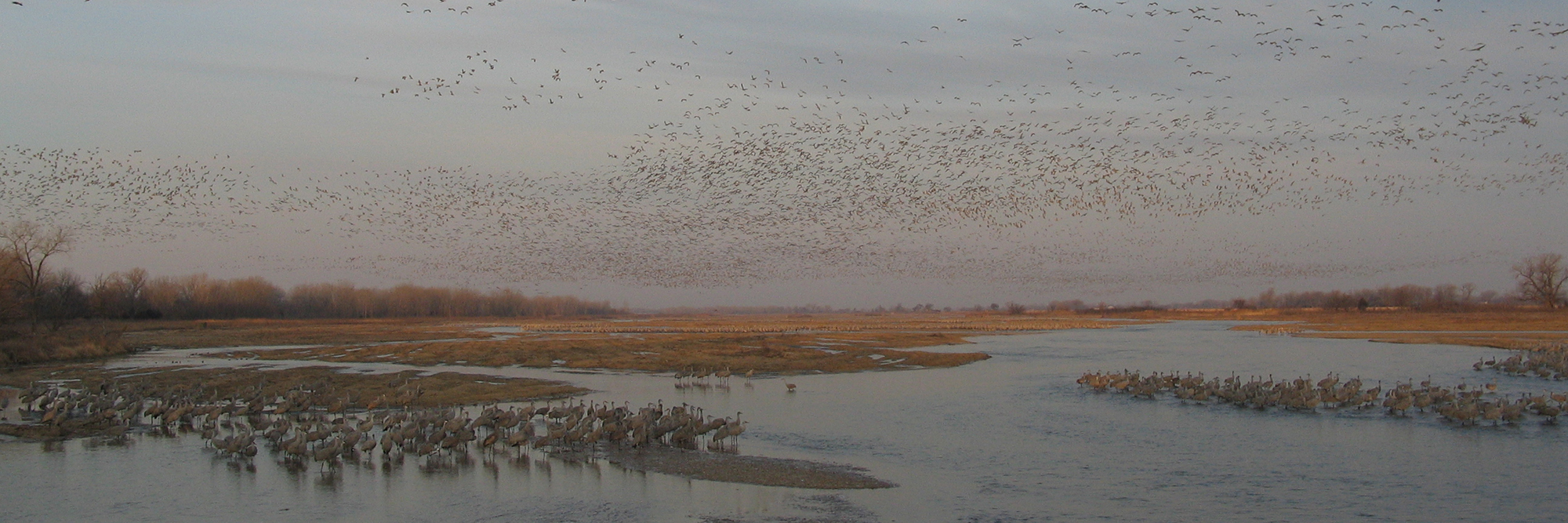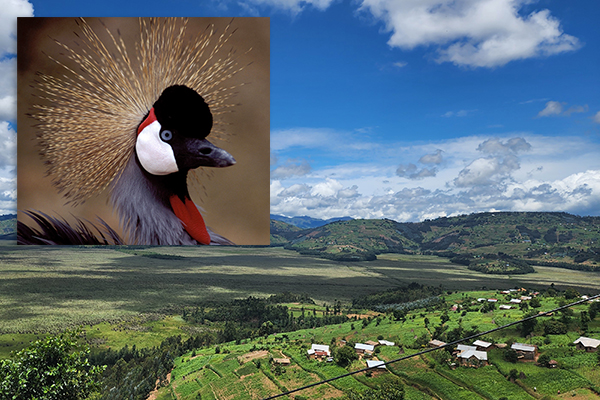To learn more about sponsoring a webinar, please contact Kate Fitzwilliams at 608-617-6002.


From the Field Webinars
You are invited to our monthly From the Field Webinars and new Expert Updates to learn about the International Crane Foundation’s current programs and timely issues. Click here to view the library of past webinars.

Learn the Art of Haiku and Hope with Author Maggie Dewane
Thursday, July 31, 3 p.m. Central Time
Save My Spot
Join author Maggie Dewane and the International Crane Foundation to explore the art of haiku and learn how to write your own! In this virtual workshop, participants will be guided through a nature journaling exercise that tugs at imagination and invites creativity. Building upon individual sensory observations and experience, participants will be encouraged to consider elements of nature in new ways, as well as how everyone can take flight in poetic expression. By the end of the workshop, participants will have crafted their own haiku.
Maggie Dewane is an author and filmmaker who has traveled to all seven continents to understand climate change, conservation, and how both impact people. Through short films, news articles, and poetry, she translates climate science for lay audiences to empower them to take action.
Maggie’s new book, Haiku and Hope: 50 States of Climate Change, offers a unique exploration of the United States through the evocative lens of haiku. Dewane takes readers along on her journey to visit all 50 states, as she both experiences the landscape in its current state through an initial poem and then imagines its future in a second haiku. After the collection of haiku, a narrative section delves into Dewane’s personal journey, sharing the experiences and moments of inspiration that led her to write each poem. This reflective portion of the book provides readers with a deeper insight into her travels and the emotional impact of witnessing the changing environment firsthand. This collection is a celebration of America’s natural wonders, a call to action in the face of climate change, and a testament to the power of poetry to move us.
Sponsored by Jeanne and Ed Eloranta.
Photo by Ciming Mei

Guardians of the Wetlands—12 Years of Crane Conservation and Community Resilience in Rwanda
Thursday, June 19, 11 a.m. Central Time
View the Recording
Over the past 12 years, the International Crane Foundation has worked in Rwanda to protect the Endangered Grey Crowned Crane, restore critical wetland ecosystems, and empower local communities. This webinar will highlight the Foundation’s integrated approach to conservation—combining crane safeguarding and monitoring, sustainable wetland management, and community-led resilience initiatives. Join us to explore how this holistic model is not only safeguarding Rwanda’s biodiversity but also improving livelihoods and inspiring a new generation of conservation stewards.
Sponsored by:

Photos: Aerial view of Rugezi Marsh and surrounding communities by Charles Kayijamahe/International Crane Foundation; Grey Crowned Crane by Mike Endres